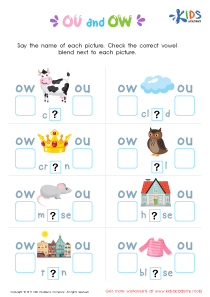Vocabulary enhancement Normal Long And Short Vowel Worksheets
8 filtered results
-
From - To
Unlock your child's potential with our engaging Vocabulary Enhancement Worksheets focused on long and short vowels! Designed for early learners, these printable resources blend fun and education, fostering a deeper understanding of vowel sounds. Each worksheet includes a variety of interactive activities—such as matching, fill-in-the-blank, and word searches—that challenge students while reinforcing essential vocabulary skills. Perfect for classroom use or at-home learning, these worksheets help children enhance their reading and speaking abilities. Whether they need a refreshing review or a comprehensive introduction to vowels, our carefully crafted materials provide the support necessary for success in language mastery. Boost your child's vocabulary today!


Let's Check Long Vowels: Assessment Worksheet
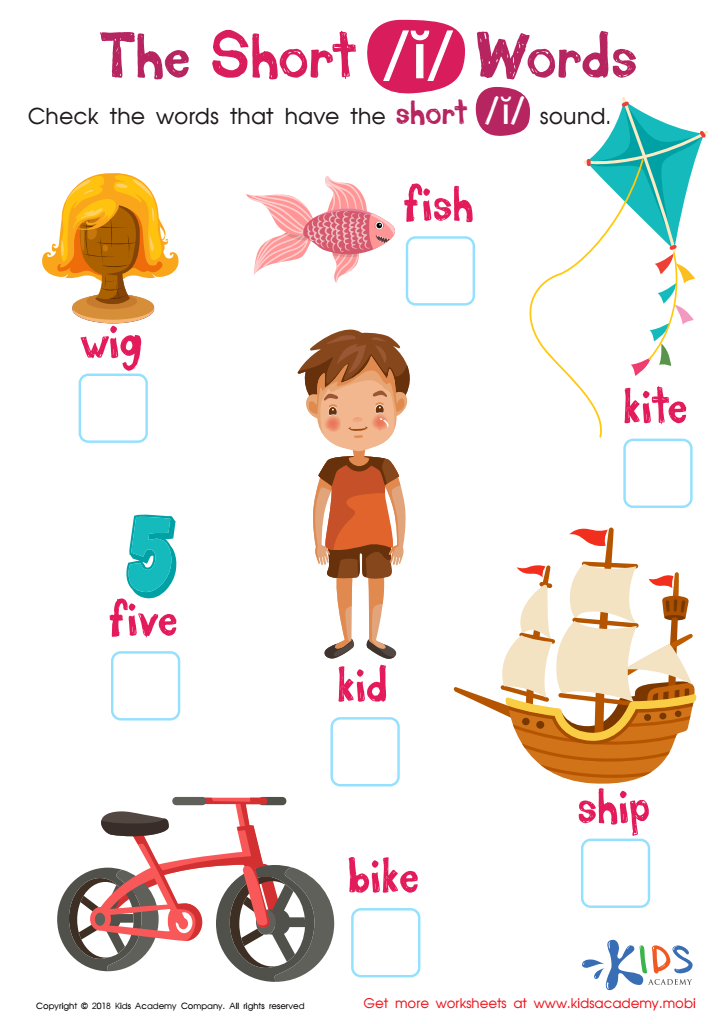

The Short I Words Reading Worksheet
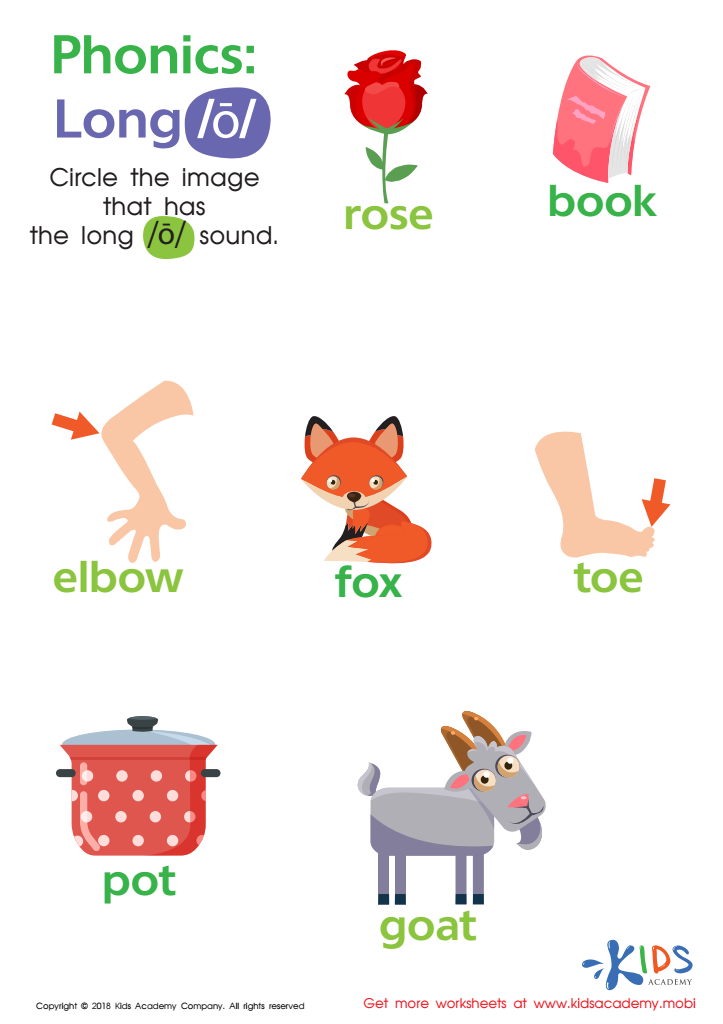

Phonics Long O Reading Worksheet
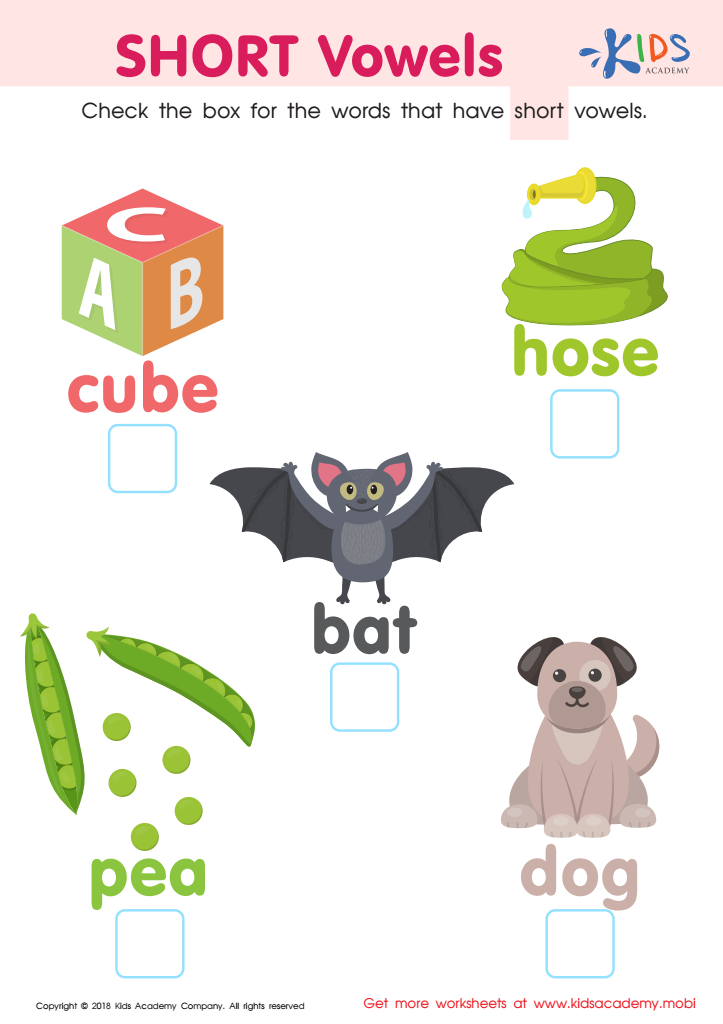

short vowels Worksheet
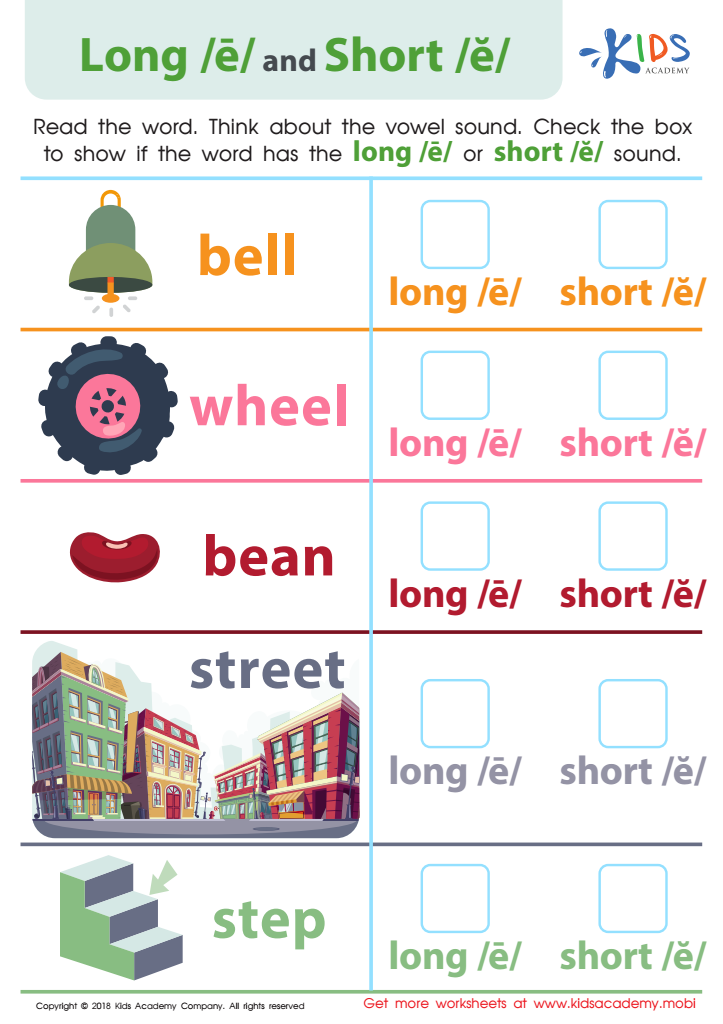

Reading: Long E and Short E Worksheet
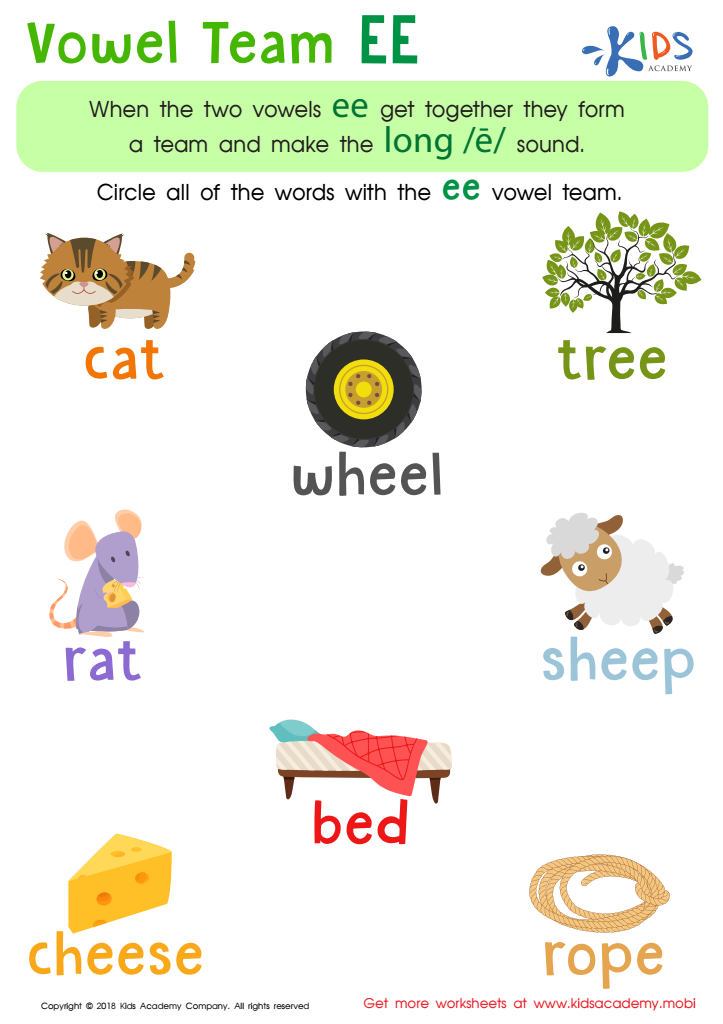

Reading: Vowel Team EE Worksheet
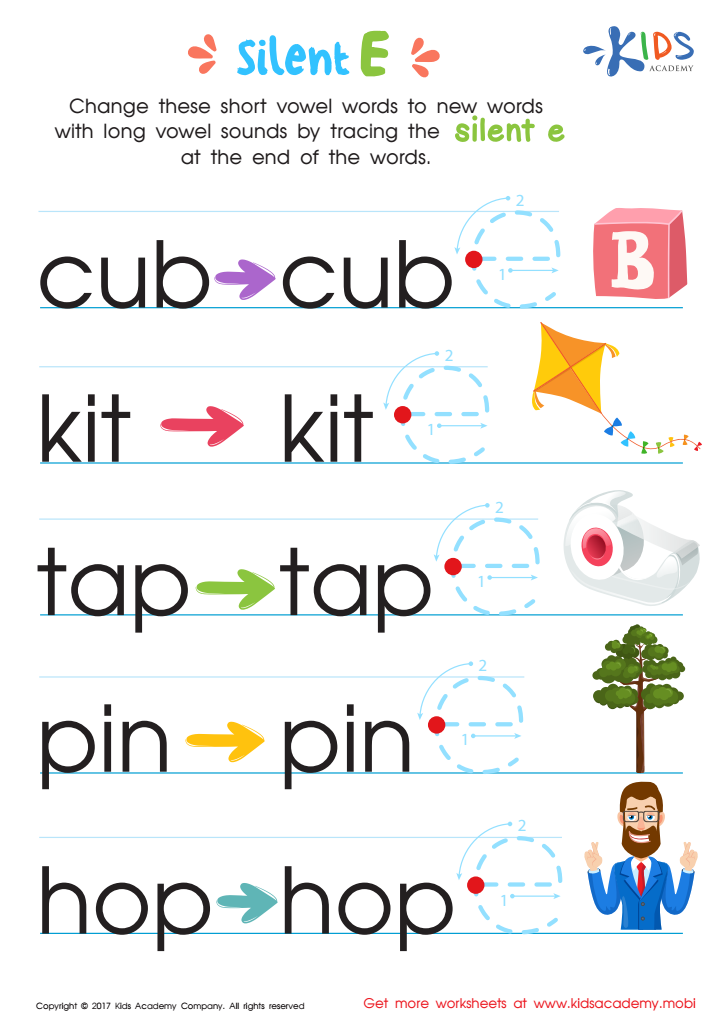

Silent E Words Worksheet
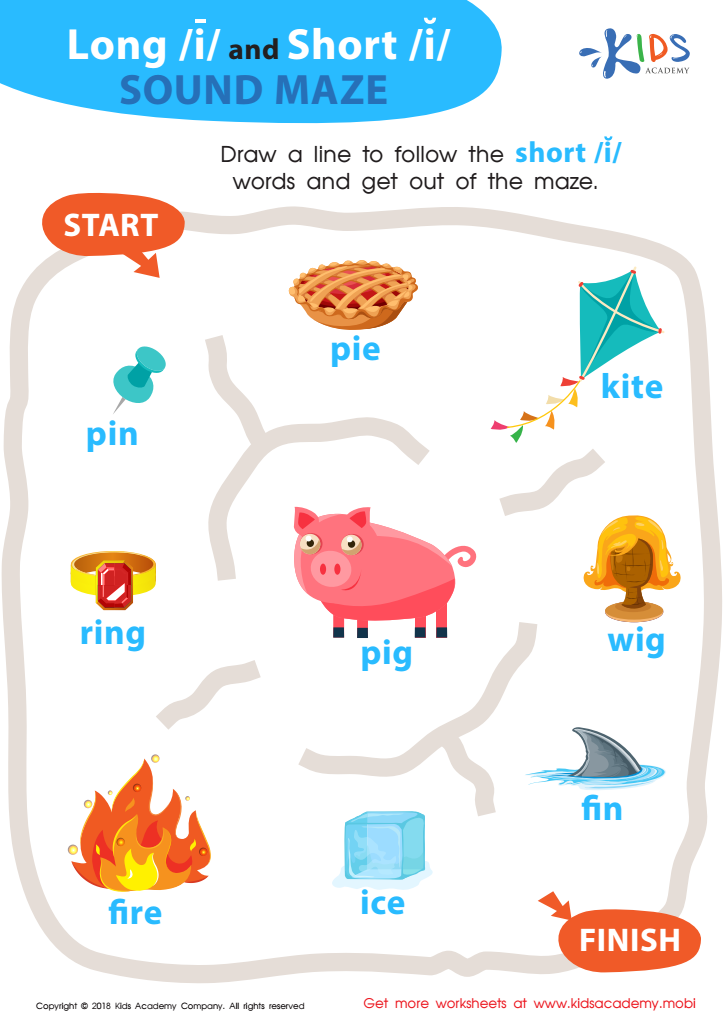

Reading: Long I and Short I Sound Maze Worksheet
Understanding and enhancing vocabulary through normal, long, and short vowels is essential for early grade students, as it lays the groundwork for effective communication and literacy skills. Vocabulary development is crucial in helping children express themselves clearly and understand others, fostering confidence in their reading and writing abilities. Learning the distinction between long and short vowel sounds aids children in decoding words, ultimately enhancing their reading fluency.
When children grasp the intricacies of vowel sounds, they improve their phonemic awareness—a skill directly linked to reading achievement. This awareness helps students identify word patterns, make educated guesses about unfamiliar words, and improve their spelling skills. Additionally, as children build their vocabulary, they also expand their comprehension, enabling them to better grasp complex texts.
For teachers and parents, promoting vocabulary enhancement is vital for cultivating a love of reading and learning in children. Engaging in fun, interactive activities—such as games or word walls—can make learning enjoyable. Furthermore, a strong vocabulary contributes to academic success, as it influences performance across all subjects. Therefore, investing time in teaching vocabulary, especially focusing on vowel sounds, is crucial for children’s future educational pathways and personal expression.

 Assign to My Students
Assign to My Students









